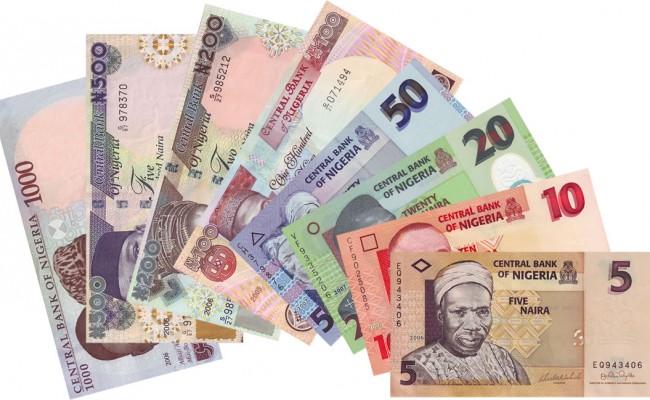
Nigeria’s move to devalue its currency is hurting the share prices of some companies in India.
This recent move by the Central Bank of Nigeria (CBN) to curtail speculative foreign exchange activities was bad news for the Indian companies that have in recent years built sizable businesses in the West African nation.
“The currency devaluation would be inflationary and affect consumer demand in Nigeria and the Indian companies that export to the African country,” said Nikhil Deshpande, an analyst at Mumbai-based brokerage Sharekhan.
Prominent Indian companies likely to feel the pain are Bharti Airtel Ltd. India’s largest mobile phone company, which made a big foray into Africa in 2010, and Bajaj Auto Ltd., which makes two and three-wheel motorcycles and exports to Nigeria.
Bharti and Bajaj stocks prices has fallen considerably since the announcement.
Both companies had moved into Africa within the last five years in a bid to capitalize on the growing demand from the continent’s consumers.
Bharti Airtel had entered Africa by buying Kuwaiti telecommunications company Zain for $9 billion, making it one of the largest overseas acquisitions by an Indian company.
Nigeria now counts as one of Bharti’s largest markets in the continent and contributed about 12 percent of the company’s consolidated revenue in the financial year ended March 31, according to Mumbai brokerage firm IndiaNivesh Securities.
“The devaluation could lead to deterioration in Bharti Africa’s key performing indicators,” said Daljeet Kohli, head of research at IndiaNivesh Securities.
He estimates that the CBN’s measures could ultimately shave off around 0.9% from Bharti’s consolidated revenue, and 0.3% of the company’s operating profits, for the current financial year.
The impact on Bajaj Auto could be larger. Sharekhan estimates that the changes in Nigeria could cause Bajaj’s total sales volume to fall by 2.3% and profits to decline by 2.7% compared to in the next financial year that starts April 1.
UBS Research has downgraded Bajaj Auto shares, advising investors to sell, because it expects weak earnings growth and potential declines in export margins.
Some other Indian companies which have a presence in Nigeria are consumer-goods firms Godrej Consumer Products Ltd. and Dabur India Ltd.
However, stocks of these companies haven’t been impacted because Nigeria accounts for a small share of their overall revenues. The two stocks have remained relatively stable.



































